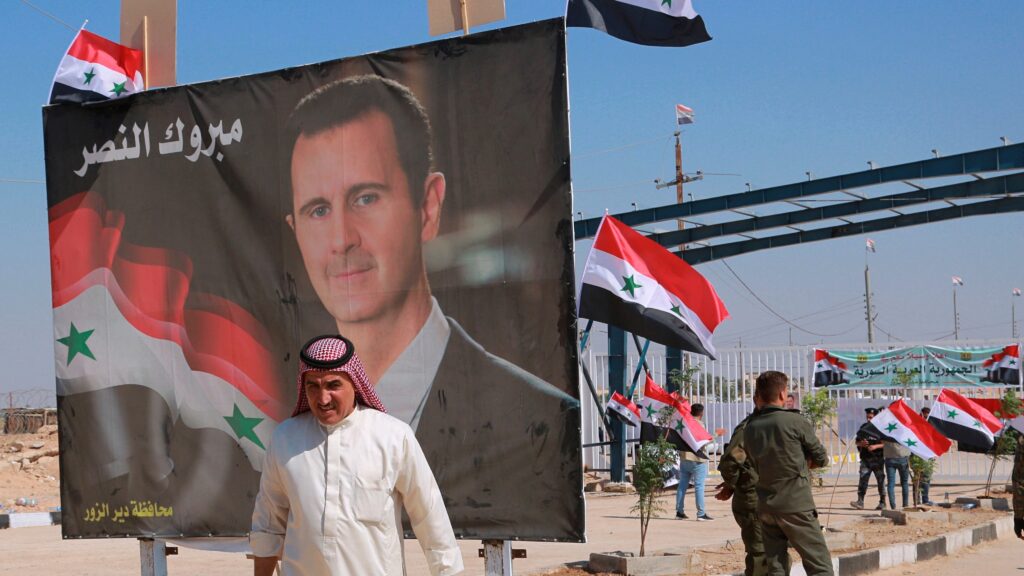The Syrian Civil War, which began in 2011 as a response to the government of President Bashar al-Assad, has evolved into a full-scale conflict resulting in widespread devastation and loss of life. The roots of the conflict can be traced back to the Arab Spring, with Syrians demanding political reform and greater freedoms. The war has had global consequences, including creating a humanitarian crisis and allowing extremist groups like ISIS to thrive. Neighboring countries have also been significantly impacted due to the influx of refugees. The international response to the crisis has been slow, highlighting the need for greater cooperation and diplomatic efforts to bring about lasting peace and stability in the region.
The Syrian Civil War
The Syrian Civil War is an ongoing conflict that began in March 2011 with protests against the government of President Bashar al-Assad. The protests quickly escalated into a full-scale civil war, with various rebel groups fighting against the Syrian government forces. The war has seen widespread destruction and has resulted in hundreds of thousands of deaths and millions of people being displaced.
Roots of the Conflict
The roots of the Syrian Civil War can be traced back to the Arab Spring, a wave of protests and uprisings that swept through the Middle East and North Africa in 2011. The Syrian people, inspired by the revolutions in Tunisia, Egypt, and Libya, took to the streets to demand political reform and greater freedoms.
Global Consequences
The Syrian Civil War has had far-reaching consequences both within Syria and around the world. The war has created a humanitarian crisis, with millions of people in need of aid and protection. It has also fueled the rise of extremist groups such as ISIS, which have carried out attacks both in Syria and in other countries.
Impact on neighboring countries
The conflict in Syria has also had a significant impact on neighboring countries, particularly Turkey, Lebanon, and Jordan. These countries have been forced to deal with an influx of refugees fleeing the violence in Syria, putting a strain on their resources and infrastructure.
International Response
The international community has been slow to respond to the crisis in Syria, with efforts to broker a ceasefire and find a political solution repeatedly failing. The United Nations and other organizations have been providing aid to those affected by the conflict, but more needs to be done to bring about a lasting peace.
Conclusion
The Syrian Civil War is a tragedy that has had devastating consequences for the people of Syria and the region as a whole. The conflict has demonstrated the need for greater international cooperation and a concerted effort to address the root causes of conflict and instability. Only through a sustained commitment to diplomacy and peacebuilding can the Syrian people hope to rebuild their shattered country and find a path towards a brighter future.
